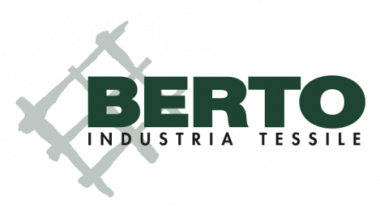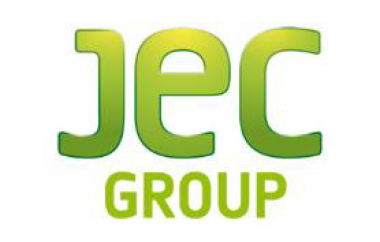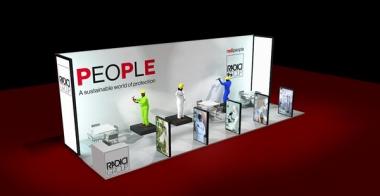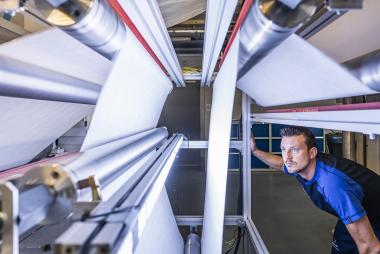C.L.A.S.S. welcomes Sensil® BioCare by NILIT into its material hub
C.L.A.S.S. MATERIAL HUB is a careful selection of smart ingredients made by cutting-edge companies and innovators across the globe. The wide range includes transparent and traceable products, which can be natural/organic, up or re-cycled/able, or innovative and always representing a new generation of innovation that is minimizing its impact on people, environment, animals and oceans.
Sensil® BioCare sustainable premium Nylon fiber is enhanced with a technology, that helps lessen the persistence of textile waste in sea water and in landfills. With its embedded technology, if any microfibers of Sensil® BioCare garments are released during washing, they will be broken down at a quicker rate compared to conventional Nylon 6.6 fibers when they end up in the oceans. Tests were conducted in both landfill soil and sea water simulations to understand the potential impact of Sensil® BioCare on both ecosystems. Specifically, initial testing following the ASTM D6691 Standard Test Method For Determining Aerobic Biodegradation Of Plastic Materials In The Marine Environment and the ASTM D5511 Standard Test Method For Determining Anaerobic Biodegradation Of Plastic Materials Under High-Solids Anaerobic-Digestion Conditions indicates that Sensil® BioCare yarns break down more rapidly (with a biodegradation of about 40% in 500 days) than conventional nylon. These promising findings point to reduced waste accumulation in both oceans and landfills.
NILIT, owner of the sustainable brand SENSIL®, has also teamed up with The Ocean Foundation’s Blue Resilience Initiative to reestablish and safeguard essential ocean meadows and other coastal habitats. These marine grasslands, which are being damaged at a rate of two football fields every hour, are vital ecosystems for sequestering CO2 from the atmosphere, thus reducing global warming and ocean acidification. In addition, ocean grasslands sustain sea life, defend coast lines against erosion and storm surge, and support economies around the world.
NILIT’s plant in Israel, who produce Sensil ® Biocare boosts, renowned certifications such as GRS (Global Recycled Standard)*, ISO 9001**, ISO 14001*** and ISO 45001****. Moreover, the company has already announced that all other plants in the USA, China and Brazil will be ISO 14001 certified within 2021 and ISO 45001 certified within 2025. Worth to mention, 40% of Nilit’s team is made up of women.
C.L.A.S.S.

































